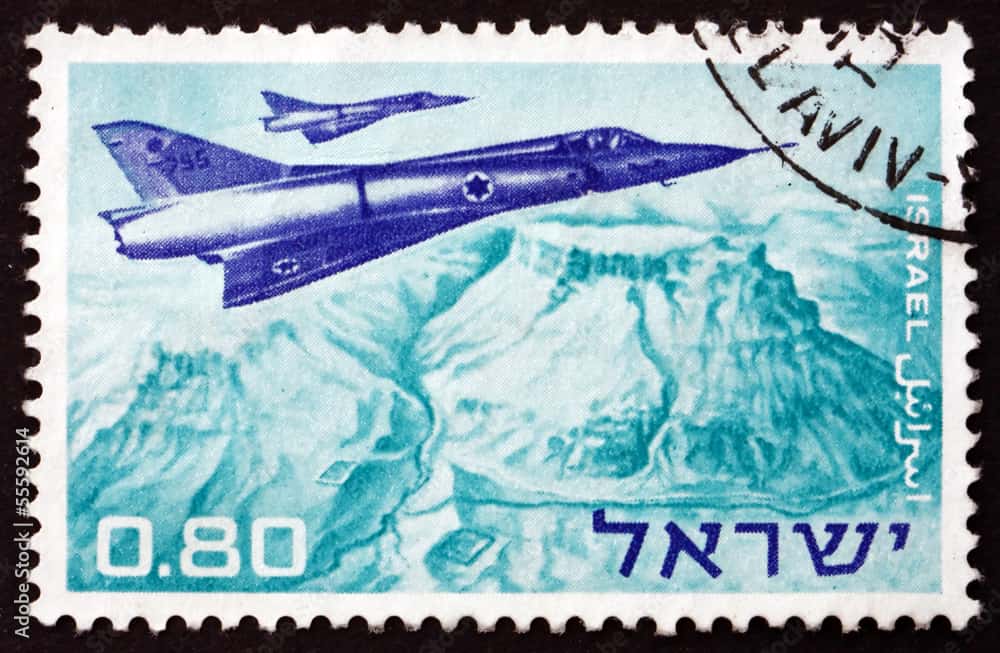I grew up in the shadow of ordinary, thinking that my family name was that of plain, ordinary people. My parents were average people living ordinary lives. Or so I thought.
Because of the small size of the small town that I grew up in, my family was well known. But when asked what my last name was, I never felt pride saying it. After all we were just a regular, ordinary family.
And then one night my ordinary father had a massive heart attack and died instantly. My ordinary mother was very sick at the time. But determined to live, she battled her disease with all her energy until she succumbed to it shortly thereafter.
These weren’t just my family’s tragedies but the city’s tragedy. And so the house filled up in the morning with all the comforters, only emptying late at night. People had a lot to say about my seemingly ordinary parents.
One theme I heard over and over again was how lucky I was to have such warm memories. Each time I heard these words I wanted to scream, “Don’t you know that my father is too young to be a memory?” I don’t want the memories – I want him. I want them.
Today I am proud of my seemingly ordinary parents. Today I know that they led noble lives in an extraordinary way.
They were quiet people who did what needed to be done without any fanfare. This included fulfilling the mitzvah of kibbud av v’eim. I was already a teen when I realized that they went to extraordinary lengths to do what needed to be done for their parents.
I can’t tell you how they did it. My father’s humor and my mother’s candor complemented each other perfectly, creating an atmosphere that had people feeling very comfortable in our house. I am left aspiring to be like them, but at a loss as to how to emulate them.
Doing small little extras was so much part of my mother that she never realized how much she did for people. She was constantly on the go, helping out in small ways and never thinking of herself as a person involved in doing extra chassadim.
Together they worked on forgiveness. When my father was badly hurt by a business partner, they worked on forgiving. If something offensive was said, my parents brushed it off, assuming that the person didn’t mean to hurt them.
Forgiveness was part of them because they were so humble. They never looked at themselves as better than others, never feeling that they deserved any honor. When they helped out someone needier, they never felt better than them. They simply did what was necessary.
My parents’ aspiration was to find the truth. They weren’t followers. They did what was right for them, regardless of what people all around them were doing.
But they were tested. Again and again. Would the middos of kibbud av va’eim, chessed, anivus and vatranus help them pull through the most difficult tests?
We got a glimpse of a new side of my parents. We learned that during the most difficult times, when we might want to run away from life, we must seek out Hashem and connect with Him.
Don’t run. Rather Examine, Search, Look, Pursue.
They looked and examined themselves .They searched for Hashem, pursued him and forged a strong a relationship with Him.
I have a vision of a tall ladder. I don’t know which rung my parents started out on. But they climbed it. Rung by rung. Higher and higher until they reached the very top. And I know that their emunah in Hashem was unwavering.
My parents had numerous struggles with parnassah. No matter how hard my father worked, the financial challenges kept on coming. I look back at their simchas hachayim, and I wonder where they got the strength to put aside their fears and anxieties, maintaining their shalom bayis and creating a calm atmosphere.
I see that this is how they lived. They examined themselves and pursued a relationship with Hashem.
It was at a routine well visit that they found out that their eighteen-month-old son was very sick. Suddenly they were thrown into a horrible nightmare. Cancer wards, survival percentages, chemo and transfusions became their language.
How did they continue exuding simchas hachayim?
Again I see that this was how they lived. They searched for Hashem and attached themselves to Him.
My brother’s bar mitzvah was a real milestone. My father gave heartfelt shevach v’hoda’ah to Hashem. But it was only a few months later when once again they were tested. The leukemia came back.
This time my brother didn’t survive. My parents lost their only son. And they still continued to maintain their simchah. They continued to search for Hashem knowing that only clinging to Him would help them deal with their tremendous pain.
A few years later they once again had to deal with illness. This time it was with my sister. It was also with my mother. They were each diagnosed with cancer in the same week.
But my parents continued to climb that ladder. Rung by rung. Searching for Hashem. The rung of self-examination to the rung of attaching themselves to Hashem. The rung of looking inward to themselves to the rung of becoming closer to Hashem.
And in reaching the top, they were omeid b’nisayon, reaching an exalted level of emunah.
That emunah brought them shleimus in their avodas Hashem.
It is not possible to be omeid b’nisayon and still be ordinary.
I look back at my growing-up years. My family name was well known. But I was too immature to feel any pride in who I was. My parents gave us so many special memories to hold on to. But I was too young to appreciate what they were creating for us.
I now realize that my parents were ordinary people….but their lives were extraordinary. They were two ordinary people who struggled with their tremendous nisyonos in an extraordinary manner, growing together, achieving greatness on their journey to meet the King. And these two ordinary people, reaching exalted levels of bitachon, met their Creator in an extraordinary manner, with a song of emunah on their lips and simchas olam al rosham.
Today I want to shout out for everyone to hear, “Yes, I grew up in a special home, and I am grateful for all the wonderful memories I have. I am proud of where I come from. I am proud of my family name.”












